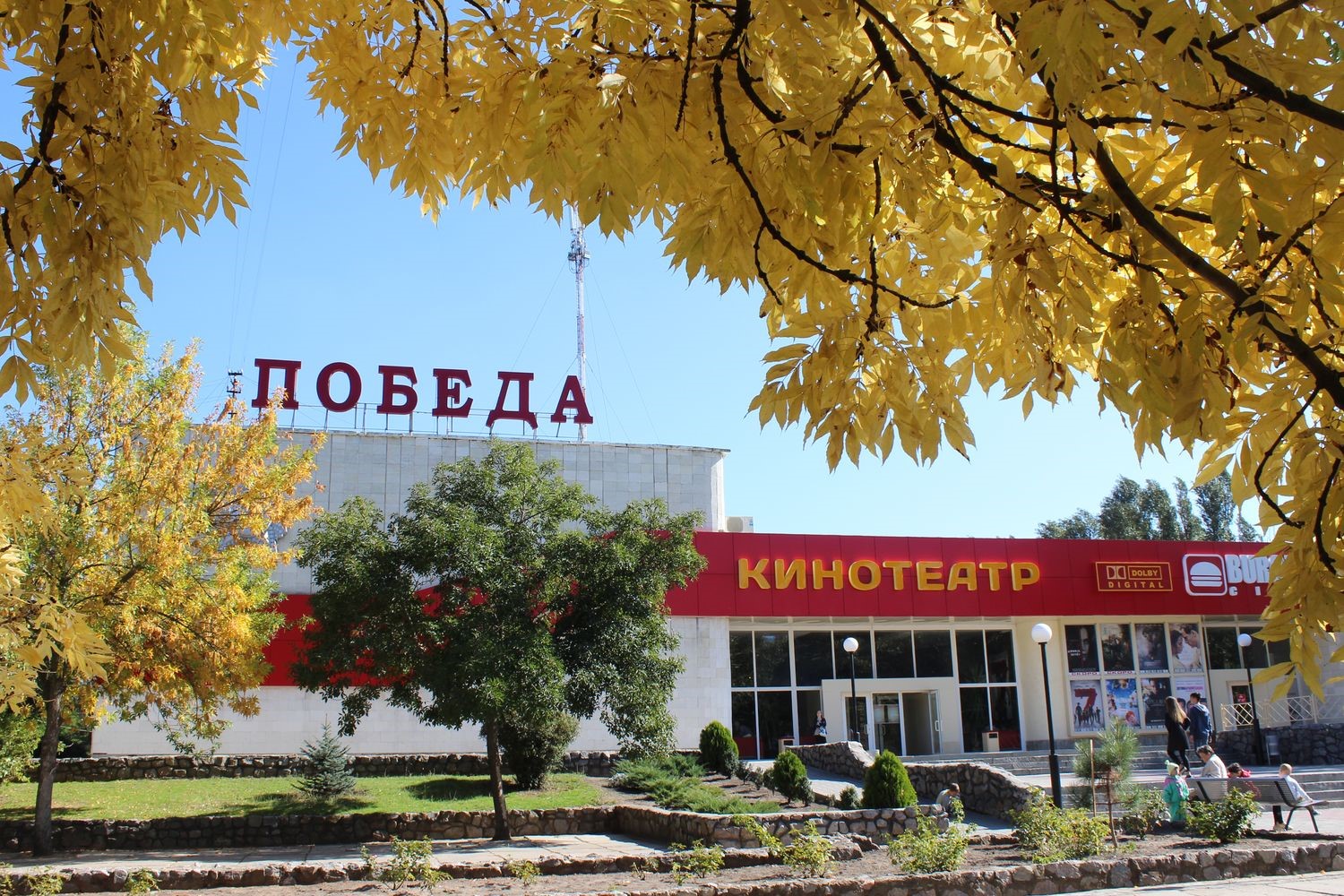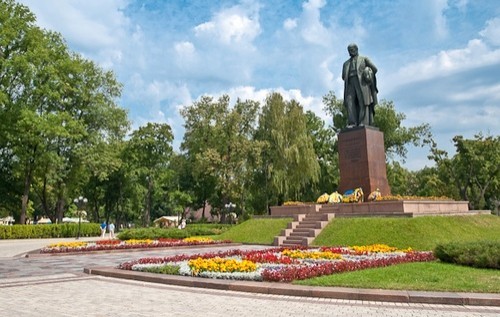
Melitopol is a city in Zaporizhia Oblast (region) of southeastern Ukraine. It is situated on the Molochna River that flows through the eastern edge of the city and into the Molochnyi Liman, which eventually joins the Sea of Azov. Its population is approximately 154,992 (2017 est.)
Melitopol is incorporated as a city of oblast significance and is the second largest city in the oblast after Zaporizhia. It serves as the administrative center of Melitopol Raion, though it does not belong to the raion.

The city is located at the crossing of two major European highways E58 Vienna - Uzhhorod - Kyiv - Rostov-on-Don and E105 Kirkenes - St. Petersburg - Moscow - Kyiv - Yalta. An electrified railway line of international importance goes through Melitopol. The city is called "the gateway to the Crimea", prior to the 2014 Russian occupation of Crimea 80% of passenger trains heading to the peninsula passed through the city and during summer road traffic would reach 45 000 vehicles per day.
In medieval times, there was a small Noghai aul of Kyzyl-Yar where the modern Melitopol is settled. In July 1769, Russian military commanders built a redoubt there, and Zaporizhia Cossacks carried out their duty service there. On February 2, 1784, Catherine II issued the decree to create the Taurian Province on the lands that had been won. The deputy of Novorossiya Grigory Potemkin signed the relation to establish a town that very year - and Cossacks' families and those of retired soldiers of Suvorov settled on the right bank of the Molochna River. Among others, Germans were encouraged to settle in the new province, and some villages in this area were for many years German-speaking, such as Heidelberg (now Pryshyb) some 50 kilometres (31 miles) to the north of Melitopol